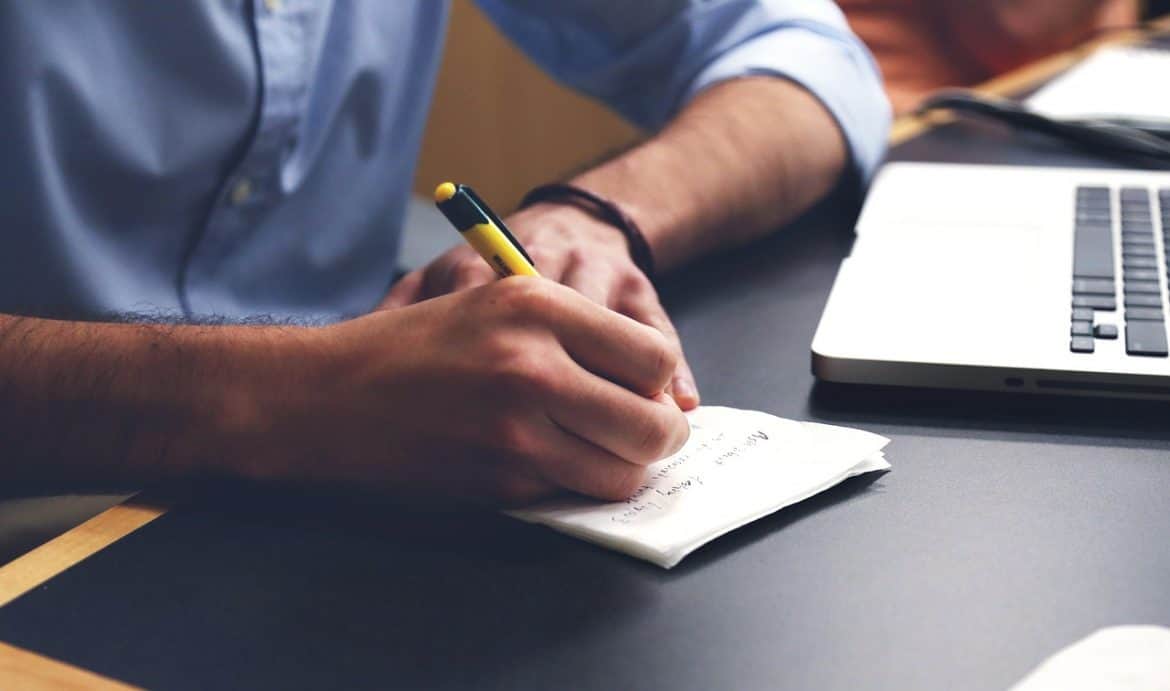
A prearranged plan is easier, safer and more effective than reacting “from the hip” in what is by definition a life-or-death situation – especially in a multi-person household or business.
Without a plan, you may have people going in as many different (and opposing) directions as you have people going. Because of this, making a disaster plan is vital to good preparedness.
Tips for a Family Disaster Plan
- Just working up a plan may cause you to consider something you wouldn’t think of in an actual emergency. For example, a person blindly fleeing a fire might fling open a door; a person who has planned and drilled will know to feel the door for heat first.
- Your community may have suggestions, probably even a plan; will you have time to review and follow it during an emergency, and to make sure your plan meshes into the community’s?
- Today’s planning may lead you to action that later saves lives later. Which is more likely, that you wake up one morning and decide to buy a fire extinguisher, or that you wake up one morning and decide to work up a plan, which leads you to buy a fire extinguisher?
- This attitude may also lead you to larger preventive actions, like a building inspection that shows potential safety hazards – which you can then eliminate.
- When you know where to go, you’ll get there sooner. Even a split-second taken deciding where to go adds at least that split-second to the time that passes before you’re there, safe.
- You should leave most “response” to professional responders, but simple first aid and CPR are skills everyone should learn.
- Have an emergency kit in your home, and another smaller version in your vehicle.
- People become separated in disasters; have a contact each of you will try to reach as soon as possible after your life is no longer threatened.
- Why is no plan provided here? Each home and business is unique; only you – in consultation with experts like your insurance agent – can write a truly effective plan for that home or business.

